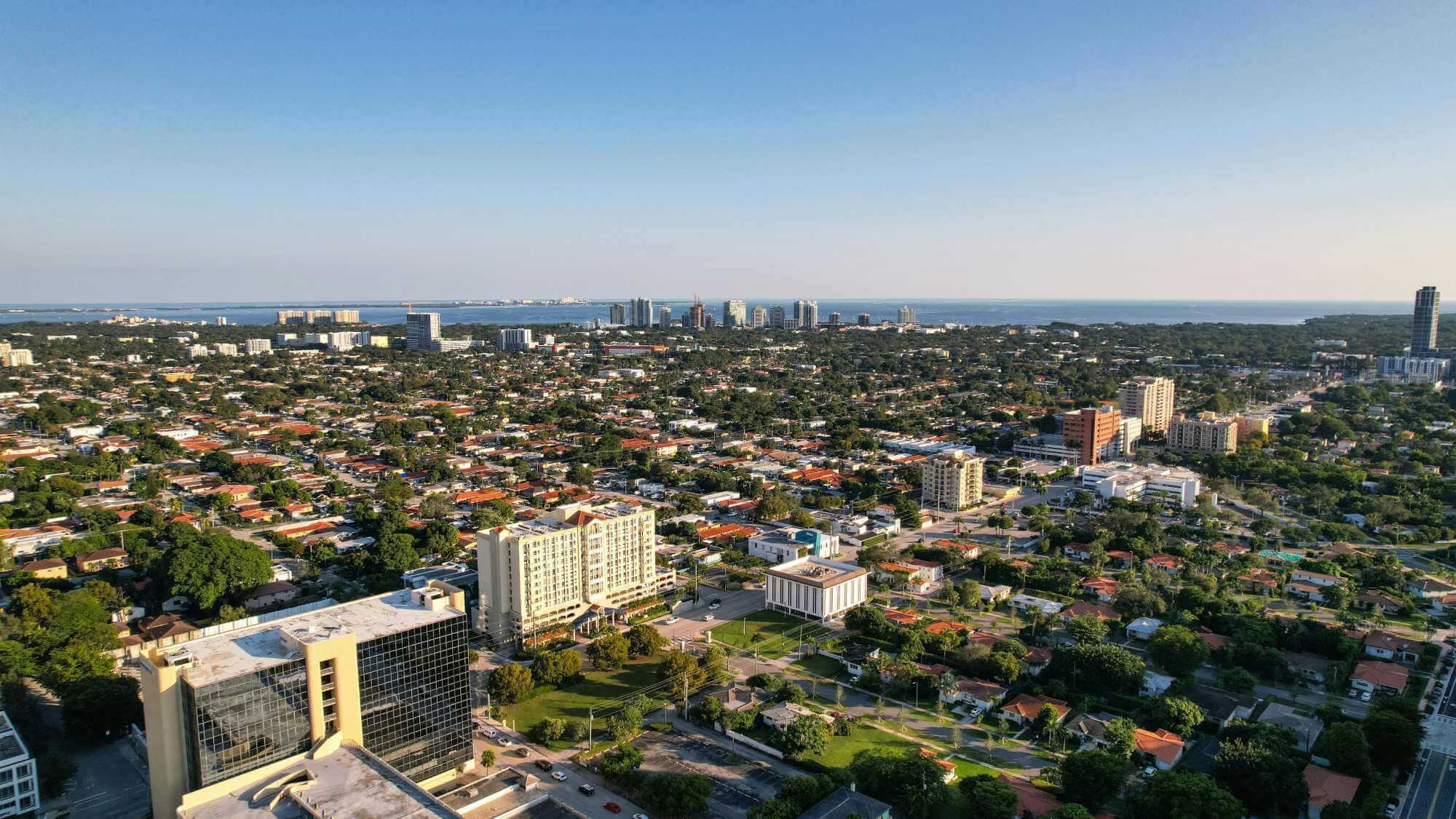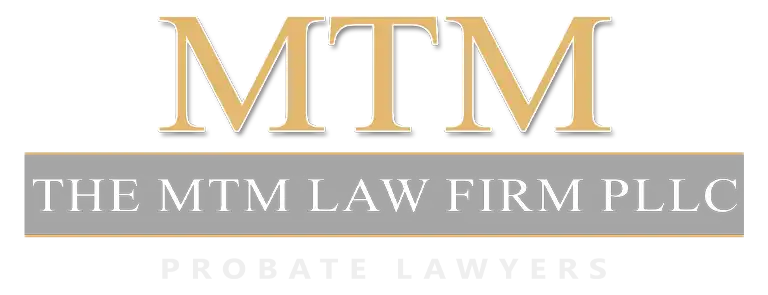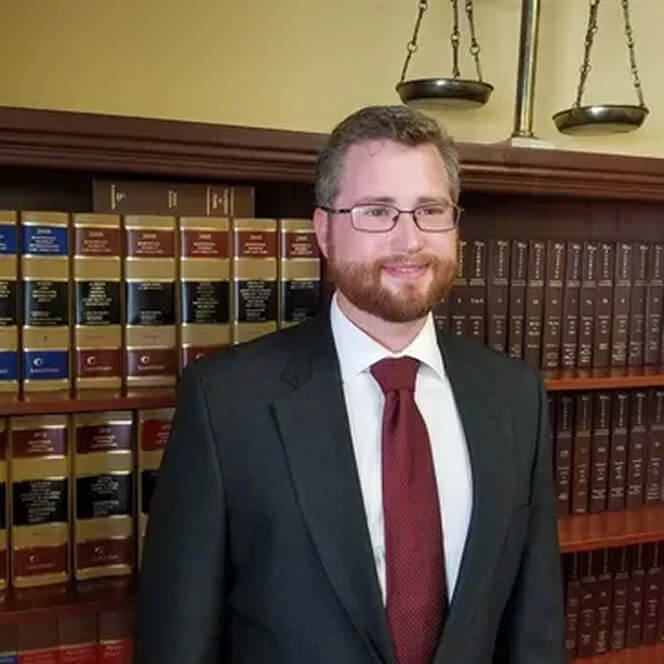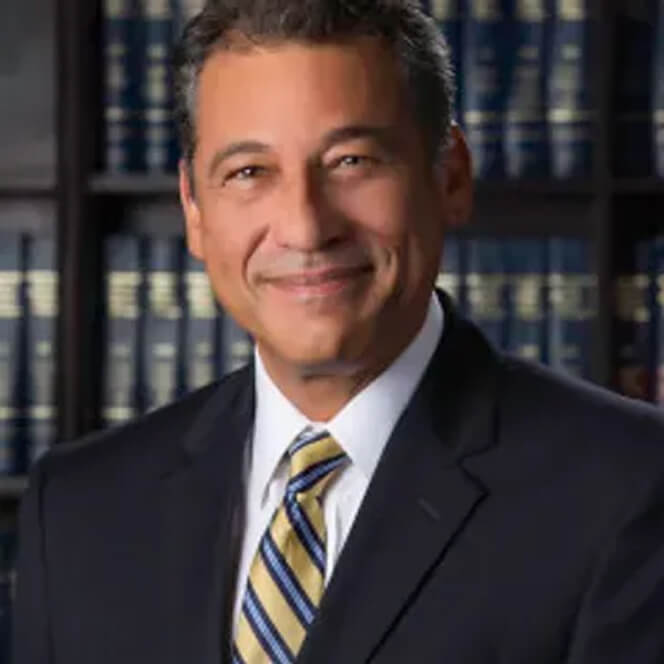Real Estate Litigation Lawyer in Florida
Navigating Real Estate Disputes and Probate in the State of Florida

Call 863.250.2990 today to schedule a Free Consultation with our skilled Probate & Real Estate Litigation attorneys.
Real Estate as Part of the Probate Estate in Florida
Common Real Estate Disputes in Florida Probate:
Several scenarios can lead to real estate litigation during probate in Florida:
Will Contests Challenging Property Transfer: If the validity of the will is challenged, the intended transfer of real estate to a specific beneficiary named in the will can be called into question. Grounds for a will contest, as defined by Florida Statute 733.107, can include undue influence, lack of testamentary capacity, or improper execution of the will.
Heir Disputes in Intestate Estates: When a person dies without a valid will (intestate), Florida Statutes, specifically Chapter 732, dictate how their property is distributed to their heirs. Disputes can arise regarding who the rightful heirs are and their respective shares of the real estate.
Sale of Real Estate to Pay Estate Debts: In some cases, the Personal Representative (executor) of the estate may need to sell real estate to pay outstanding debts, taxes, or administrative expenses of the estate, as permitted under Florida Statute 733.613. Beneficiaries may disagree with the necessity of the sale or the proposed sale price.
Spousal Rights and Elective Share: Florida law provides certain protections for surviving spouses, including the elective share, which can involve real estate. Disputes can arise regarding the calculation and distribution of the elective share as it pertains to property.
Homestead Property Issues: Florida’s homestead laws, governed by Article X, Section 4 of the Florida Constitution and further defined in Florida Statute 732.401, provide unique protections to a decedent’s primary residence. Disputes can occur regarding the homestead status of a property and its proper distribution to heirs.
Actions for Partition: If multiple beneficiaries inherit real estate as tenants in common, disagreements about the property’s use or sale can lead to a partition action, where a court divides the property or orders its sale, as outlined in Florida Statute Chapter 64.
Breach of Fiduciary Duty by Personal Representative: The Personal Representative has a fiduciary duty to act in the best interests of the estate and its beneficiaries. Mishandling real estate, such as selling it for below market value or neglecting its upkeep, can lead to litigation for breach of fiduciary duty.
The Role of The MTM Law Firm, PLLC in Florida Probate Real Estate Litigation:
Navigating real estate disputes within Florida probate requires a thorough understanding of probate law, real estate law, and civil procedure. The MTM Law Firm, PLLC, is equipped to handle these complex matters. We can assist clients with:
Representing beneficiaries or Personal Representatives in disputes over real estate.
Resolving disagreements among heirs in intestate estates regarding real estate distribution.
Real estate can be a significant asset within a Florida probate estate, and disputes concerning its transfer or management can be challenging. If you are involved in a real estate dispute during probate in Florida, seeking the guidance of an experienced attorney is crucial to protect your rights and ensure a fair resolution.
The MTM Law Firm, PLLC is dedicated to providing knowledgeable and effective legal representation in Florida probate and estate litigation matters involving real estate. Contact us today for a consultation to discuss your specific situation.

If you have questions about Probate and Real Estate Litigation issues, don’t wait—make sure your legal rights are protected. Call 863.250.2990 today to schedule your Free Consultation with our Probate attorneys.
Attorneys
A graduate of Jones Law, he is our team lead for the probate department and case management. He is the one to establish the plan in court.
A graduate of St Thomas Law, Carlos is head of client management and client relations. He is the master of what happens out of court.
A graduate of Cumberland School of Law, Dennis serves as of counsel bringing legislative experience from his tenure as U.S. Congressman.
Get Started
Contact us and get a free consultation in our offices
Effective Estate Dispute Resolution
STEP ONE:
Personalized Consultation & Case Evaluation
Your journey with MTM begins with a comprehensive consultation to assess your unique circumstances. We’ll listen to your concerns, thoroughly review the details of the estate dispute, and explain your legal options in clear, straightforward terms
STEP TWO:
Strategic Development of Your Case
Our skilled real estate litigation lawyers will meticulously analyze the legal issues involved in your case. We’ll develop a tailored strategy to protect your interests, whether it involves negotiation, mediation, or aggressive representation in court.
STEP THREE:
Resolute Advocacy & Effective Resolution
We’ll stand by your side throughout the litigation process, advocating for your rights and working tirelessly to achieve the best possible outcome. Our goal is to resolve the dispute efficiently and fairly, allowing you to move forward with peace of mind.

Why Choose MTM for Estate Litigation in Florida?

Streamlined Approach
Clear Legal Expertise
Expert Representation
If you have questions about Probate or Real Estate Litigation issues, call 863.250.2990 today to schedule your Free Consultation with our Probate attorneys.



